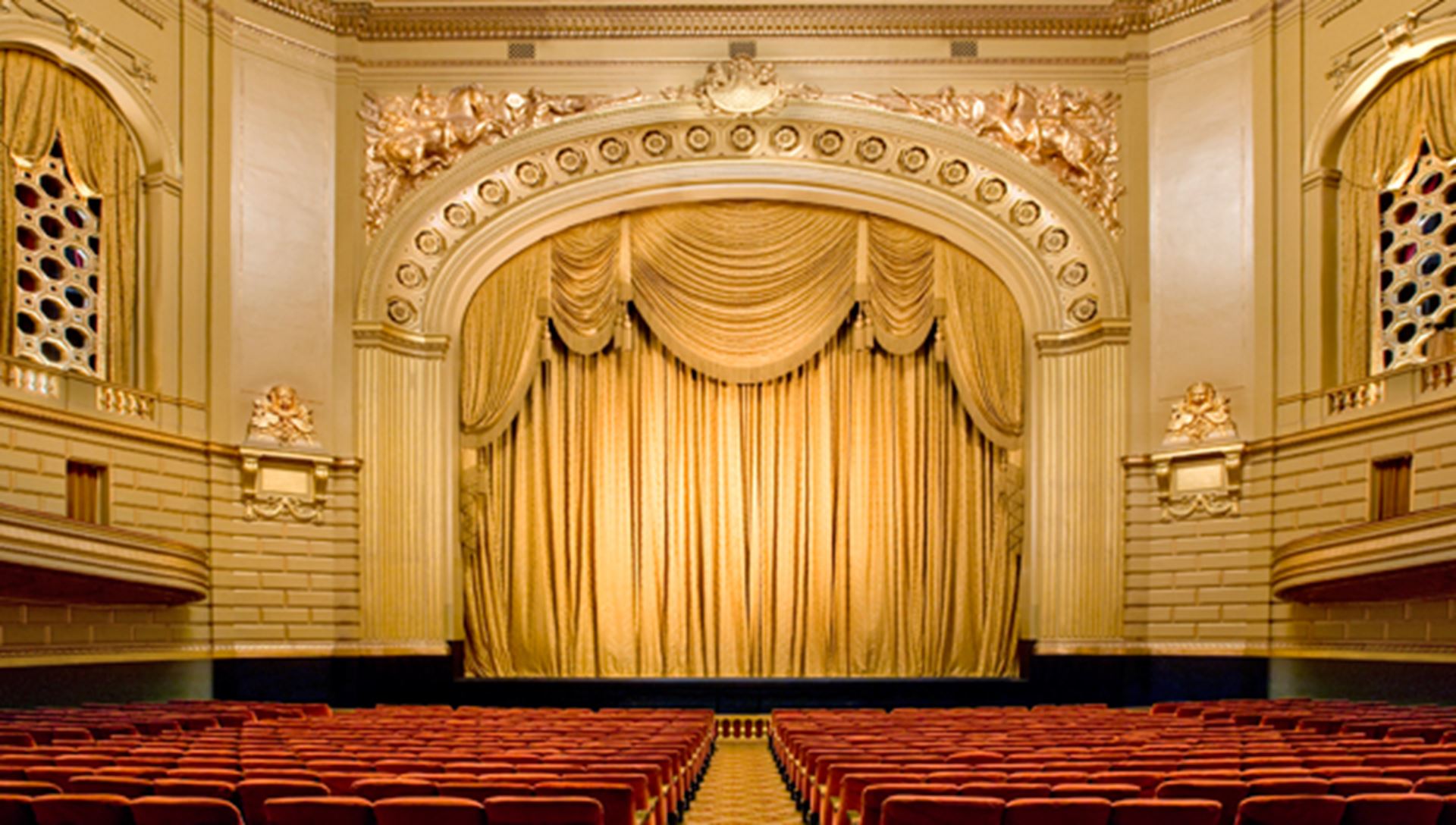
Yellowface in Western Theatre

In 1989, Jonathan Pryce went on a talk show to promote his new musical, Miss Saigon, in which he originated the role of The Engineer, the Eurasian pimp who works to sell Kim while she waits for her American soldier to come back and take her to the United States. On the show, Jonathan Pryce details the makeup he had to do every night to look more Asian, including taping up his eyes every night to create the Asian look. While Pryce was garnering praise for his portrayal of The Engineer, which won him a Tony Award in 1991, the Asian American Theatre Community was protesting Pryce’s casting and the production’s use of Yellowface, the use of makeup to make people of non-Asian descent look Asian, much like the use of Blackface during the time of minstrel shows in early 20th century theatre.
Yellowface has had a long history in Western theatre and popular culture, from the Charlie Chan mysteries in the 20th Century, to the more recent movie production of Ghost in the Shell with Scarlett Johannsen. On the surface, Yellowface tells the world that Asian American and Pacific Islander (AAPI) bodies and experiences can be erased and substituted for other bodies that are more generally appealing, aka white presenting bodies. What it also shares is the belief that the AAPI community is not appealing enough to play stories that are built for them even if the stories are built on the stereotypes of the AAPI Community.

Matthew Ozawa, a self professed opera lover and director, noted that while he has directed Madame Butterfly for Arizona Opera, the opera itself has always “felt alien.” Other AAPI artists such as Jane Monari, who has played Butterfly’s maid, Suzuki, has also noted a sense of internal conflict because while Madame Butterfly is an example of a beautiful piece of high art, Monari notes that the Madame Butterfly “[has] never been called names on the playground” (Jane Monari, Mezzo Soprano, statement to the Asian Opera Alliance).
The sentiment voiced by these two artists is a conflict that is shared among many of us in the AAPI theatre community: we embrace these operas, and other plays and performances like it, almost out of necessity. Madame Butterfly and Turandot, are a part of the operatic canon and because they provide AAPI opera performers with that opportunity to perform roles like Butterfly, Suzuki, and Goro, they are allowed to endure. But, with those opportunities comes discomfort because AAPI opera performers are forced to Orientalize themselves and play a stereotype in order to get a chance to perform.
Yellowface, as a practice, is hurtful and harmful. It is an orientalist practice that emphasizes hundreds of years of colonialism and imperialism that was imposed upon the Asian world. Opera’s position as a form of high art does not excuse its use of Yellowface, and while the step of casting AAPI performers in these roles is a good step towards a solution, more must be done to ensure that those performers do not feel like aliens in productions supposedly written for them.

